A Guide to Bone Marrow Transplant Cost in Turkey
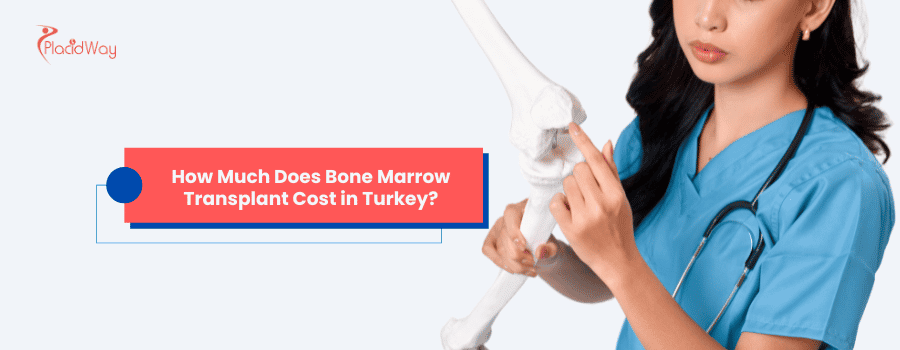
A bone marrow transplant is a life-saving medical procedure used to treat various diseases, including cancers like leukemia and lymphoma, as well as other blood and immune system disorders. For individuals exploring treatment options abroad, Turkey has emerged as a significant destination, offering advanced medical care at potentially more accessible bone marrow transplant costs. This guide aims to answer the crucial questions you might have about undergoing this complex procedure in Turkey, providing clarity on expenses and what to expect.
The cost of a bone marrow transplant in Turkey can vary significantly, generally ranging from approximately $30,000 to $60,000 and sometimes higher, depending on the type of transplant and specific patient needs. This often presents a more affordable alternative compared to many Western countries without compromising on the quality of care or expertise. Understanding the components of this cost and the factors that influence it is key for prospective patients and their families.
What is a Bone Marrow Transplant?
"A bone marrow transplant (BMT) is a medical treatment that replaces unhealthy bone marrow with healthy cells, which can either be your own (autologous) or from a donor (allogeneic)."
Essentially, bone marrow is the spongy tissue inside your bones responsible for producing blood cells, including red blood cells, white blood cells, and platelets. When diseases like leukemia, aplastic anemia, or certain immune deficiency disorders damage the bone marrow's ability to function correctly, a transplant becomes a necessary intervention. The goal is to enable the patient's body to produce healthy, functioning blood cells and restore their immune system.
What is the average cost of a bone marrow transplant in Turkey?
"The average cost of a bone marrow transplant in Turkey typically falls between $30,000 and $60,000, but this can fluctuate based on the transplant type and the hospital."
It's important to note that this is an average. Autologous transplants (using the patient's own stem cells) are generally less expensive, often starting from around $16,500 to $40,000. Allogeneic transplants (using donor stem cells) are more complex and thus more costly, ranging from approximately $50,000 to $66,000 or even higher, especially if an unrelated donor is required.
What factors influence the cost of a bone marrow transplant in Turkey?
"Several factors influence the bone marrow transplant cost in Turkey, including the type of transplant (autologous or allogeneic), the source of stem cells, the hospital's reputation and facilities, the medical team's expertise, the patient's overall health, the length of hospital stay, and any potential complications."
- Type of Transplant: As mentioned, allogeneic transplants are more expensive than autologous ones due to the complexities of donor matching, cell processing, and higher risk of complications like Graft-versus-Host Disease (GVHD).
- Donor Type (for Allogeneic Transplants): A transplant from a related matched donor is typically less costly than one from an unrelated matched donor found through international registries. Haploidentical transplants (half-matched family donor) may also have varying costs.
- Hospital and Medical Team: Highly reputable hospitals with JCI accreditation (Joint Commission International) and experienced, internationally recognized medical teams may charge more.
- Pre-transplant Evaluations: Extensive testing is required for both the patient and donor (if applicable) to ensure compatibility and assess overall health. These diagnostic tests add to the overall cost.
- Length of Hospitalization: The duration of stay in a specialized BMT unit, which requires a sterile environment, significantly impacts the cost. Complications can extend this period.
- Post-transplant Care and Medications: Long-term follow-up, immunosuppressive drugs (for allogeneic transplants), and management of any side effects are crucial and contribute to the total expense.
What is generally included in the bone marrow transplant cost in Turkey?
"Typically, the bone marrow transplant cost in Turkey packages include the pre-transplant evaluations for the patient, the conditioning regimen (chemotherapy/radiotherapy), the stem cell infusion process, hospital stay in a specialized unit, routine medications during hospitalization, and physician fees."
However, it's crucial to get a detailed breakdown from the chosen hospital. Some packages might also include initial post-transplant follow-up consultations. Always clarify what is covered to avoid unexpected expenses.
What are potential additional expenses not included in the initial quote?
"Potential additional expenses for a bone marrow transplant in Turkey that might not be in the initial quote include donor search and procurement fees (for unrelated allogeneic transplants), costs for managing unforeseen complications, specialized medications post-discharge, travel and accommodation for the patient and accompanying family members, and long-term follow-up care after returning to the home country."
Donor search through international registries can be a significant separate cost. Treatment for severe complications like GVHD or serious infections will also add to the expenses. It's wise to have a contingency fund for such possibilities.
What are the main types of bone marrow transplants performed in Turkey?
"The main types of bone marrow transplants performed in Turkey are autologous transplants (using the patient's own stem cells) and allogeneic transplants (using stem cells from a matched donor, who can be related or unrelated)."
- Autologous Bone Marrow Transplant: In this type, the patient's own healthy stem cells are collected, frozen, and stored before they undergo high-dose chemotherapy or radiation to eradicate the disease. The stored stem cells are then reinfused into the patient's bloodstream to repopulate the bone marrow. This is commonly used for conditions like multiple myeloma and certain lymphomas.
- Allogeneic Bone Marrow Transplant: This involves using stem cells from a donor. The donor can be a genetically matched family member (sibling), a matched unrelated donor (MUD) found through a bone marrow registry, or, in some cases, a haploidentical (half-matched) family donor. Allogeneic transplants are often used for leukemias, aplastic anemia, and other genetic or severe bone marrow disorders.
How does the cost of an autologous BMT compare to an allogeneic BMT in Turkey?
"In Turkey, an autologous bone marrow transplant is generally less expensive than an allogeneic bone marrow transplant, with autologous procedures often costing between $16,500 and $40,000, while allogeneic transplants typically range from $50,000 to $66,000 or more."
The higher cost of allogeneic BMT is due to the need for donor matching, donor workup, more intensive conditioning regimens, longer hospital stays, and a higher risk of complications such as Graft-versus-Host Disease (GVHD), which requires specialized management.
Are there specialized pediatric bone marrow transplant units in Turkey?
"Yes, many leading hospitals in Turkey that offer bone marrow transplants have specialized pediatric bone marrow transplant units equipped to handle the unique needs of children undergoing this procedure."
These units have pediatric hematologists-oncologists, specially trained nursing staff, and child-friendly environments. The approach to BMT in children often differs in terms of conditioning regimens, supportive care, and long-term follow-up, considering their growth and development.
What is the success rate of bone marrow transplants in Turkey?
"The success rate of bone marrow transplants in Turkey is comparable to international standards, generally ranging from 80% to 90% depending on the underlying disease, type of transplant, patient's age and overall health, and donor match."
Turkish hospitals often report high success rates, particularly in centers with experienced teams and advanced technology. For example, success rates for matched sibling donor transplants can exceed 90% for certain conditions. It's important to discuss specific success rates related to your condition with the treating hospital.
How long is the hospital stay for a bone marrow transplant in Turkey?
"The typical hospital stay for a bone marrow transplant in Turkey is around 30 to 60 days, but this can vary significantly based on the type of transplant, the patient's engraftment process, and whether any complications arise."
Patients are kept in isolated, sterile rooms during the critical period when their immune system is suppressed to prevent infections. The engraftment phase, where the new stem cells begin to produce blood cells, usually takes 2 to 4 weeks. Full recovery, however, can take several months to a year.
What is the general process for a patient coming from abroad for a BMT in Turkey?
"The general process for an international patient seeking a bone marrow transplant in Turkey involves an initial consultation (often remote), medical record review, pre-transplant evaluation in Turkey, the transplant procedure itself, a significant recovery period near the hospital, and then plans for long-term follow-up."
- Initial Contact & Consultation: Patients usually start by contacting international patient departments of Turkish hospitals or medical tourism facilitators.
- Medical Review: Submission of medical records for evaluation by the Turkish medical team to determine eligibility and a preliminary treatment plan.
- Travel and Pre-Transplant Assessment: Traveling to Turkey for comprehensive tests, donor matching (if allogeneic), and final preparations.
- Conditioning and Transplant: Undergoing the conditioning regimen followed by the infusion of stem cells.
- In-Hospital Recovery: Monitoring in a specialized BMT unit until engraftment and initial recovery.
- Post-Discharge Monitoring: Staying in Turkey for several weeks to months for close outpatient follow-up.
- Return Home & Long-Term Care: Coordination with local doctors for ongoing care.
Are Turkish hospitals for BMT internationally accredited?
"Yes, many leading Turkish hospitals offering bone marrow transplants are internationally accredited, often by organizations like Joint Commission International (JCI), which signifies adherence to high standards of quality and patient safety."
Accreditation from reputable international bodies is a good indicator of a hospital's commitment to global healthcare standards. This includes having modern infrastructure, advanced medical technology, and well-trained, experienced medical staff.
What kind of pre-transplant evaluations are done in Turkey?
"Pre-transplant evaluations for a bone marrow transplant in Turkey are comprehensive and include detailed blood tests, bone marrow biopsies, imaging studies (like CT and PET scans), infectious disease screening, and assessments of heart, lung, kidney, and liver function for both the patient and, if applicable, the donor."
These evaluations are critical to determine the patient's fitness for the transplant, identify any potential risks, and ensure the best possible donor match for allogeneic transplants. The goal is to optimize the chances of a successful outcome and minimize complications.
What is the conditioning regimen before a BMT?
"The conditioning regimen before a bone marrow transplant involves high-dose chemotherapy and/or radiation therapy designed to eliminate the patient's existing diseased bone marrow, suppress their immune system to prevent rejection of the transplanted cells, and create space for the new stem cells to engraft."
The specific drugs and intensity of the conditioning regimen are tailored to the patient's disease, age, and overall health. This phase can be demanding and often causes side effects like nausea, fatigue, hair loss, and mouth sores.
How are stem cells collected for the transplant in Turkey?
"For bone marrow transplants in Turkey, stem cells are typically collected either directly from the bone marrow (bone marrow harvest) or from the peripheral blood (peripheral blood stem cell collection - PBSC). Cord blood can also be a source, particularly for pediatric patients."
- Bone Marrow Harvest: This is a surgical procedure performed under general anesthesia where doctors use needles to withdraw liquid marrow from the back of the pelvic bones.
- Peripheral Blood Stem Cell (PBSC) Collection: Donors (or the patient in an autologous transplant) receive injections of a growth factor medication for several days to increase the number of stem cells in their bloodstream. The stem cells are then collected via apheresis, a process similar to blood donation where blood is drawn, passed through a machine that separates out the stem cells, and the remaining blood is returned to the body. This is the more common method today.
What are the common risks and side effects of a bone marrow transplant?
"Common risks and side effects of a bone marrow transplant include infections due to a weakened immune system, Graft-versus-Host Disease (GVHD) in allogeneic transplants, organ damage (e.g., liver, lungs, kidneys) from conditioning regimens or GVHD, bleeding, anemia, fatigue, nausea, mucositis (mouth sores), and potential long-term complications like infertility or secondary cancers."
The medical team in Turkey will closely monitor for these risks and provide supportive care to manage them. GVHD, where the donor's immune cells attack the patient's tissues, is a significant concern in allogeneic transplants and requires careful management with immunosuppressive drugs.
What is Graft-versus-Host Disease (GVHD)?
"Graft-versus-Host Disease (GVHD) is a common and potentially serious complication of allogeneic bone marrow transplants where the newly transplanted donor immune cells (the graft) recognize the recipient's body tissues (the host) as foreign and attack them. It can affect various organs, including the skin, liver, and gut."
There are two main types: acute GVHD, which usually occurs within the first 100 days post-transplant, and chronic GVHD, which can develop later and last for a long time. Doctors in Turkey are experienced in preventing and treating GVHD with medications that suppress the immune system.
What kind of follow-up care is required after a bone marrow transplant in Turkey?
"After a bone marrow transplant in Turkey, extensive follow-up care is required, initially involving frequent visits to the outpatient clinic for monitoring blood counts, assessing organ function, managing side effects, checking for GVHD, and adjusting medications. This close monitoring continues for several months before transitioning to less frequent, long-term follow-up."
Patients usually need to stay close to the transplant center in Turkey for an extended period (often 3-6 months or more) after discharge from the hospital. Once they return to their home country, continued coordination with local hematologists familiar with BMT is essential for ongoing care and management of any late effects.
Can family members stay with the patient during the treatment in Turkey?
"Yes, Turkish hospitals are generally accommodating to family members. While direct stay in the sterile BMT unit room is usually restricted to the patient for infection control, hospitals often provide or recommend nearby accommodation options for accompanying family members during the bone marrow transplant treatment period."
Having family support is crucial during this challenging time. International patient services at Turkish hospitals can often assist with logistical arrangements for family members, including visa support, accommodation, and translation services if needed.
Do Turkish BMT centers offer psychological support for patients and families?
"Many reputable bone marrow transplant centers in Turkey recognize the significant emotional and psychological stress associated with the procedure and offer access to psychological support services for patients and their families."
This support can include counseling, support groups, and resources to help cope with the diagnosis, treatment process, recovery, and any anxieties or emotional challenges that arise. It's advisable to inquire about these services when choosing a hospital.
Ready to explore your options for a bone marrow transplant? PlacidWay can help you connect with leading accredited hospitals in Turkey and around the world. Explore PlacidWay for comprehensive healthcare solutions and support in your medical journey.


.png)
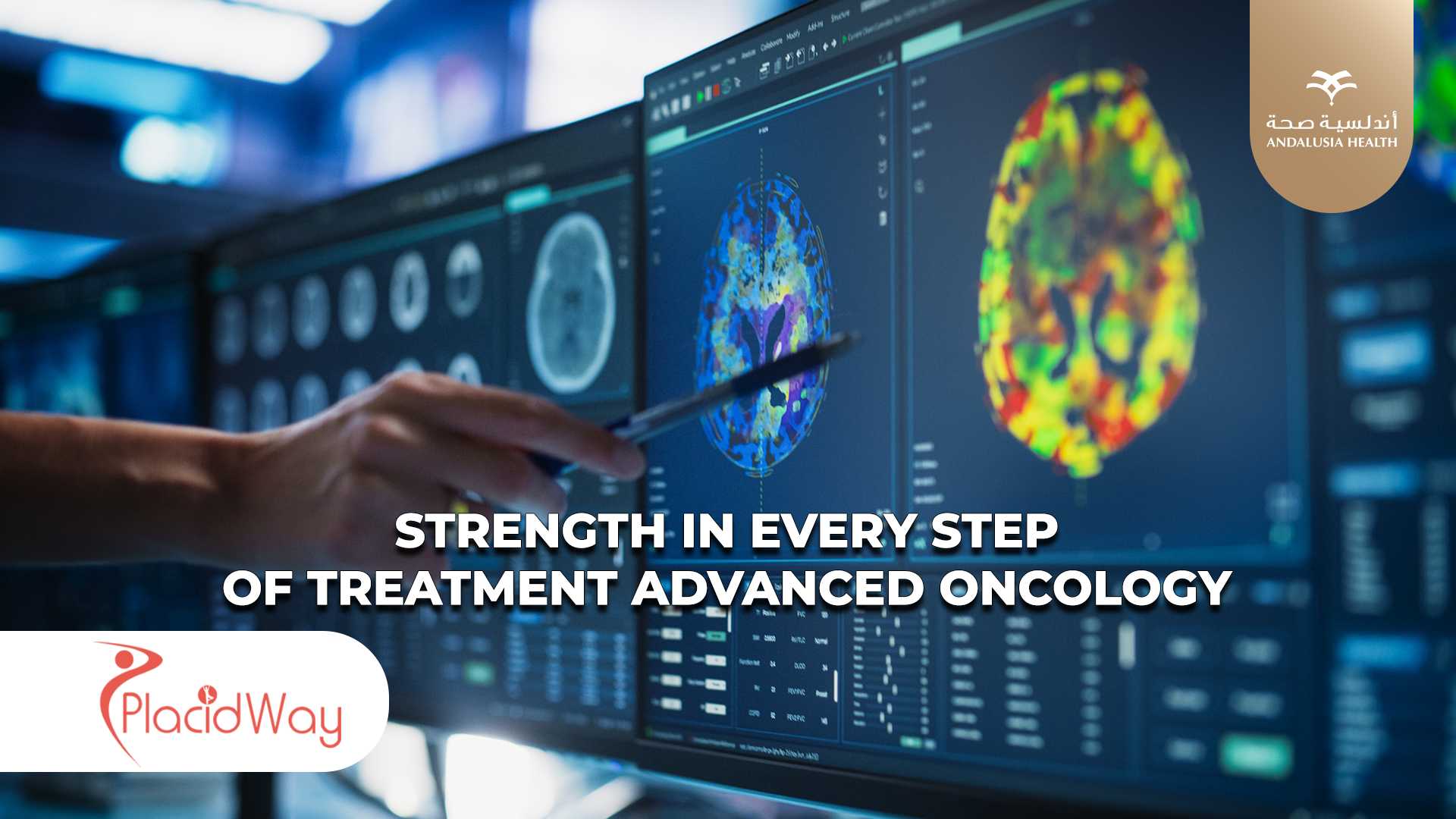


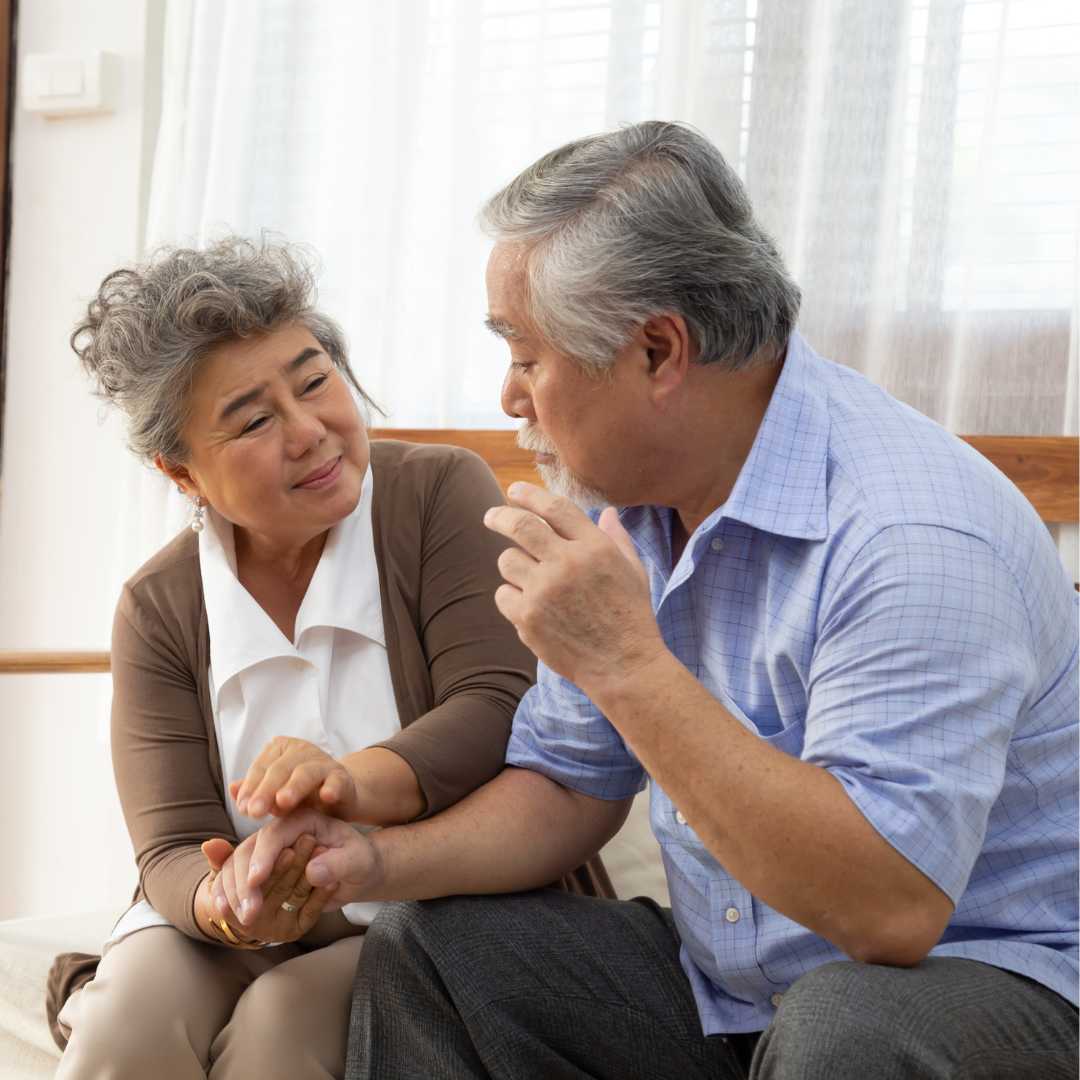
.png)
.png)

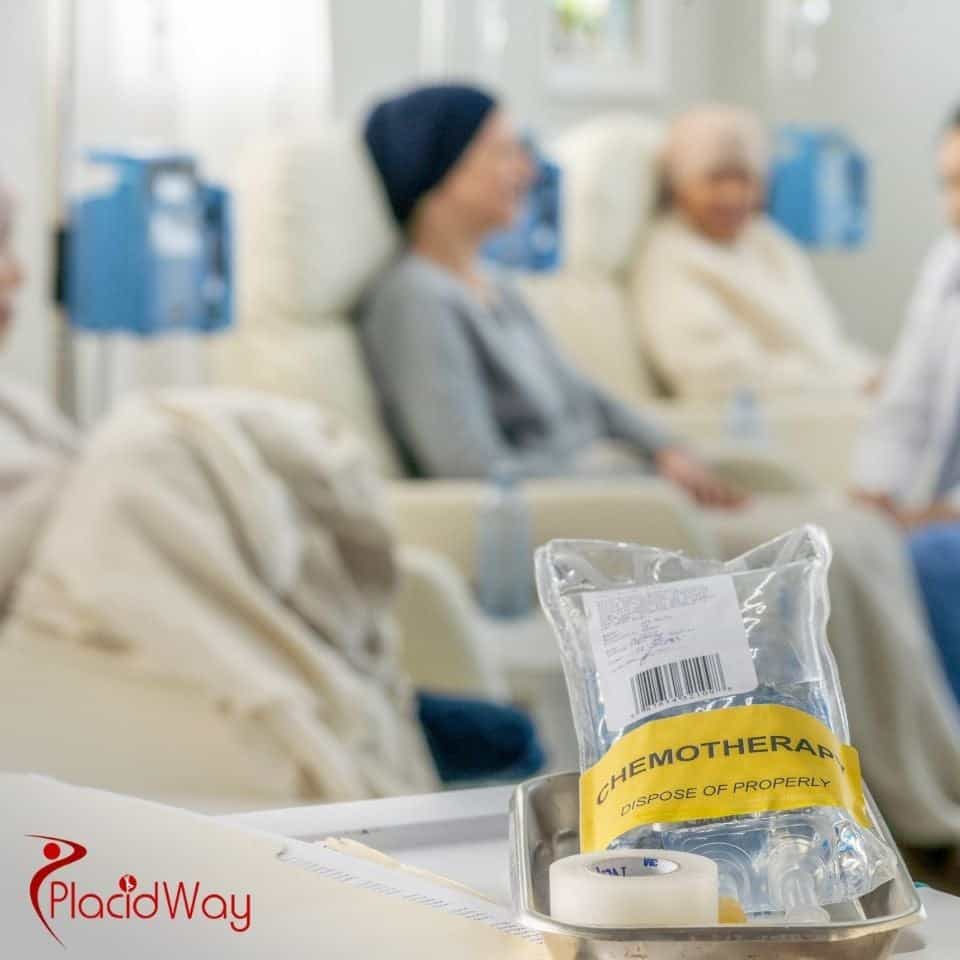

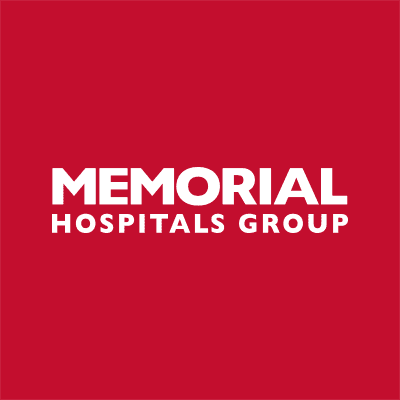
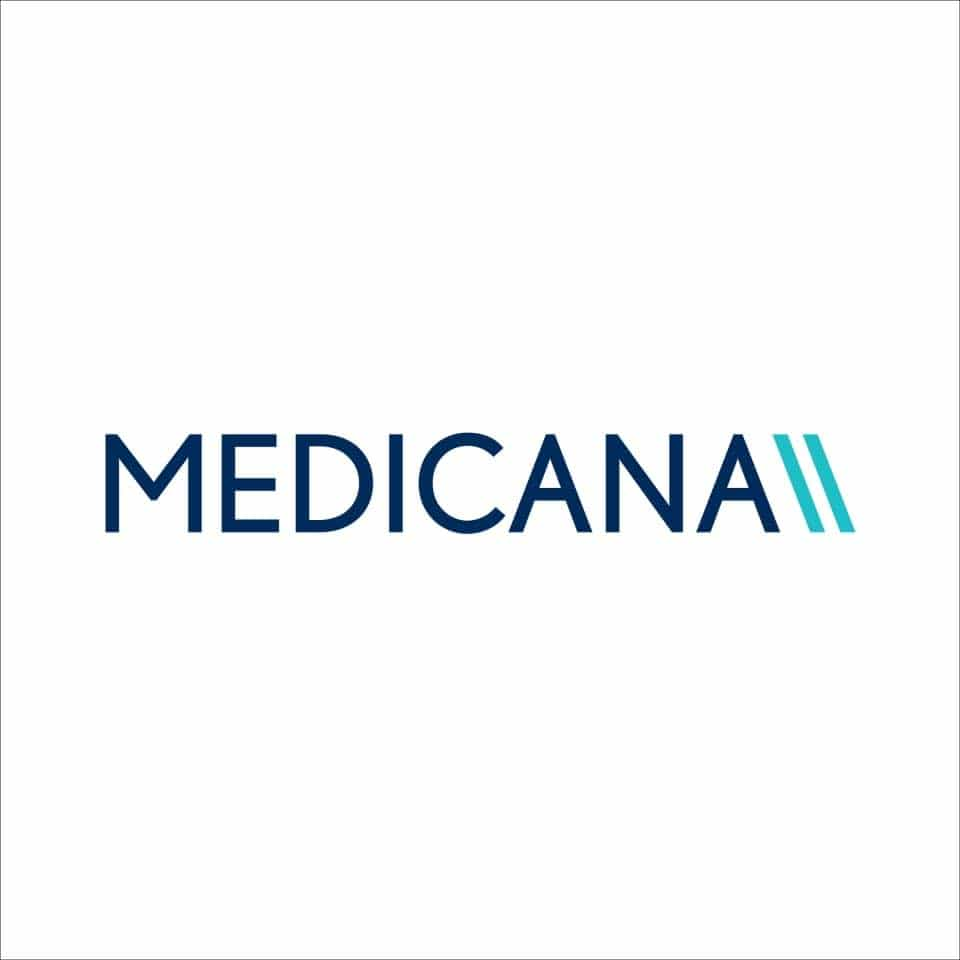



Share this listing